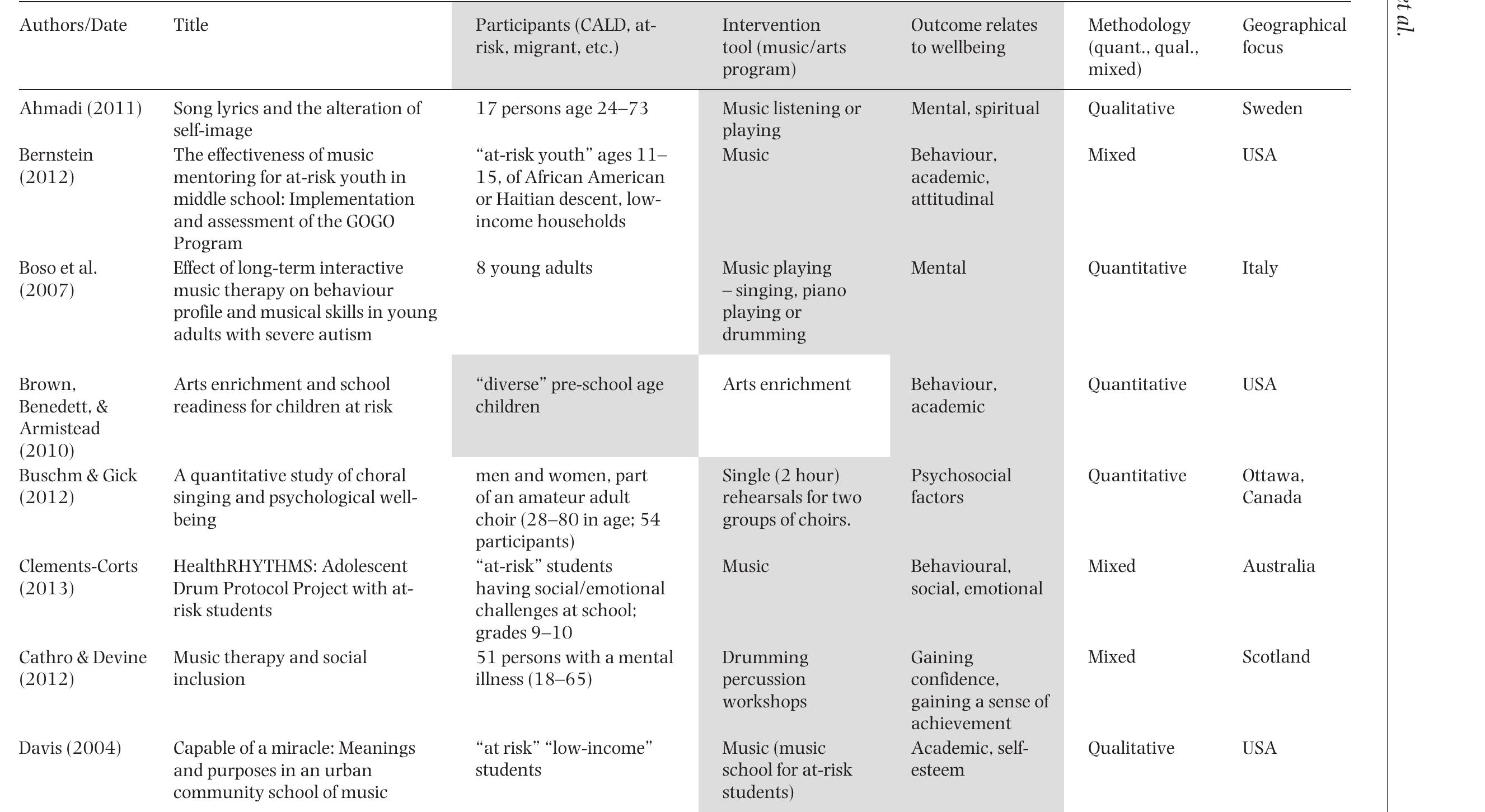Key research themes
1. How do social structures and systemic inequalities shape health behaviors and cardiovascular health across populations?
This research theme examines how layered social determinants—including socioeconomic status, institutional norms, and political economies—influence health behaviors and the prevalence of cardiovascular diseases (CVD) in populations. Crucially, it moves beyond individual-level risk factors to explore structural and contextual influences that create and perpetuate health inequalities, emphasizing the importance of social context in shaping health outcomes over the life course.
2. How does culture influence health outcomes and interact with social inequalities?
This theme investigates the role of culture—defined as shared knowledge, beliefs, practices, and identities—in shaping health behaviors, health inequalities, and responses to illness. It highlights the need for multidisciplinary, nuanced conceptualizations of culture to avoid simplistic proxies and to better understand cultural processes that mediate or moderate health within and across population groups, especially amidst changing demographics and migration.
3. How can standardized measures and novel methodologies improve the assessment of social determinants and health disparities in diverse populations?
This theme focuses on methodological advances to measure social determinants and health outcomes reliably across populations with diverse social, cultural, and demographic backgrounds. It addresses challenges in operationalizing complex constructs such as social determinants, socioeconomic status, and self-rated health, and emphasizes integrating validated instruments, longitudinal designs, and advanced causal inference frameworks to better understand and address health inequities.































